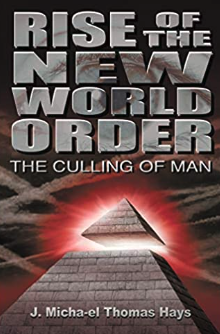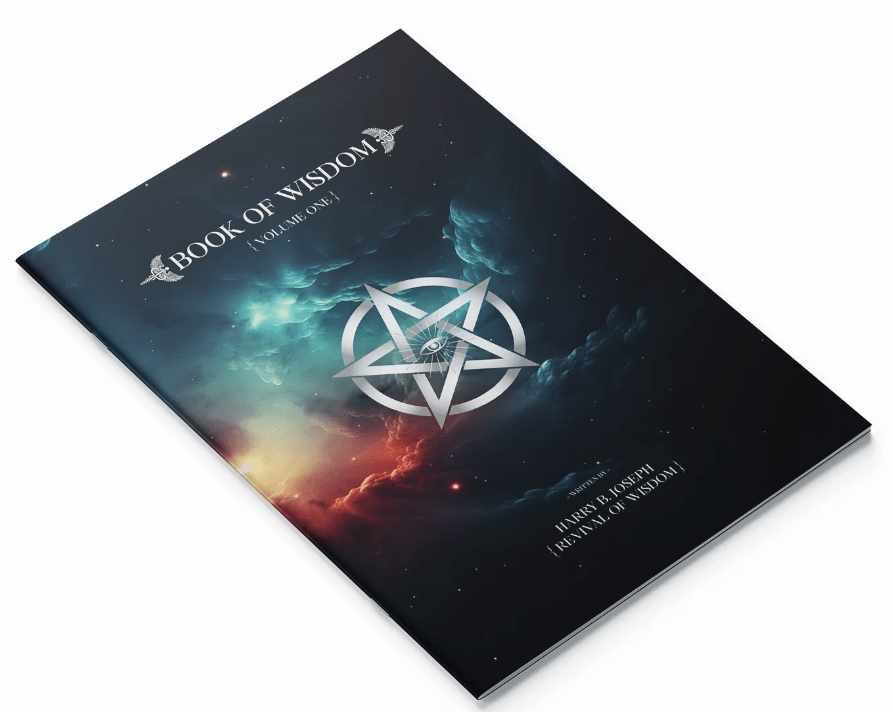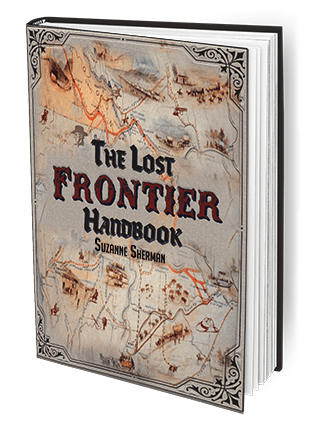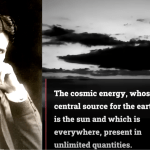The term “New World Order” has been the subject of much debate and speculation, often associated with conspiracy theories and secret societies. In his book, “The Rise of the New World Order,” author J.M. Hays offers a different perspective on the concept, examining the global power structures and forces that are shaping our world. Hays argues that the rise of the New World Order is not the result of a shadowy cabal of elites but rather a natural progression of globalization and technological advancement. This article offers a review of Hays’ thought-provoking analysis and its relevance to our current global landscape.
Overview of the Book
“The Rise of the New World Order” is divided into four parts, each exploring different aspects of the concept. In Part One, Hays provides an overview of the history of globalization and its impact on global power structures. He argues that the rise of the New World Order is the result of the interconnectedness of nations and the emergence of a global economy.
Part Two delves into the role of technology in shaping the New World Order. Hays discusses how technological advancements, such as the internet and social media, have enabled the spread of information and facilitated the formation of new communities and networks.
Part Three explores the political and social implications of the New World Order, including the rise of populism and the erosion of democracy. Hays argues that the concentration of power in the hands of a few global elites has led to a growing sense of disillusionment and alienation among the masses.
In Part Four, Hays offers a vision for the future, outlining how we can work together to build a more equitable and sustainable world.
Criticisms of the Book
While “The Rise of the New World Order” offers a compelling analysis of global power structures, it is not without its criticisms. One common criticism is that Hays focuses too much on the positive aspects of globalization and downplays its negative impacts. Critics argue that globalization has led to the exploitation of workers, environmental degradation, and the concentration of wealth in the hands of a few.
Another criticism of the book is that it fails to adequately address the role of secret societies and other conspiratorial elements in the New World Order. While Hays acknowledges the existence of these groups, he argues that their influence is overblown and that they are not the driving force behind the New World Order.
Importance of the Book
Despite these criticisms, “The Rise of the New World Order” is a thought-provoking and engaging read that is sure to spark lively debate and discussion among readers. Whether you are a skeptic or a believer in the concept of the New World Order, Hays’ analysis offers a compelling perspective on the forces and factors that are shaping the global landscape.
The book is particularly relevant in today’s world, where the COVID-19 pandemic has exposed the fault lines and inequalities of our global system. The pandemic has highlighted the importance of global cooperation and the need for a more equitable distribution of resources. Hays’ vision for a more sustainable and equitable world is an important reminder of the urgent need for systemic change.
In Conclusion
“The Rise of the New World Order” is a compelling and thought-provoking analysis of the forces and factors shaping the global landscape. Hays provides a nuanced and detailed examination of the concept of the New World Order, including its history, motivations, and potential implications.
While some may disagree with Hays’ conclusions or critiques of certain institutions and policies, his book offers a valuable contribution to the ongoing dialogue about the future of the world and the role of global governance. Whether you are a skeptic or a believer in the concept of the New World Order, “The Rise of the New World Order” is sure to spark lively debate and discussion.
Overall, I highly recommend this book to anyone interested in the topics of global governance, international relations, and the future of the world. Hays’ extensive research and engaging writing style make for a fascinating and enlightening read that will leave readers with a deeper understanding of the complexities and challenges facing our world today.





















